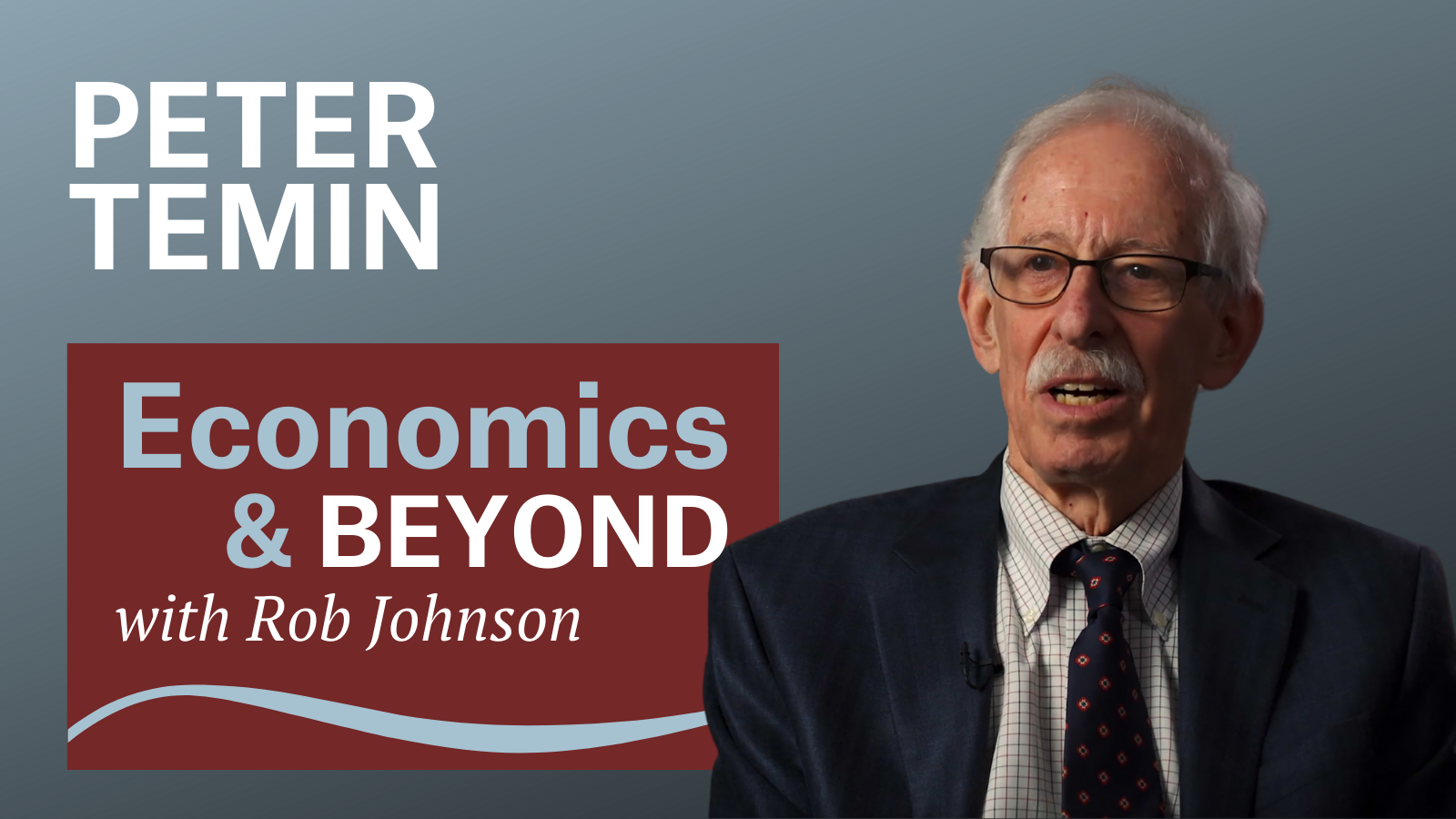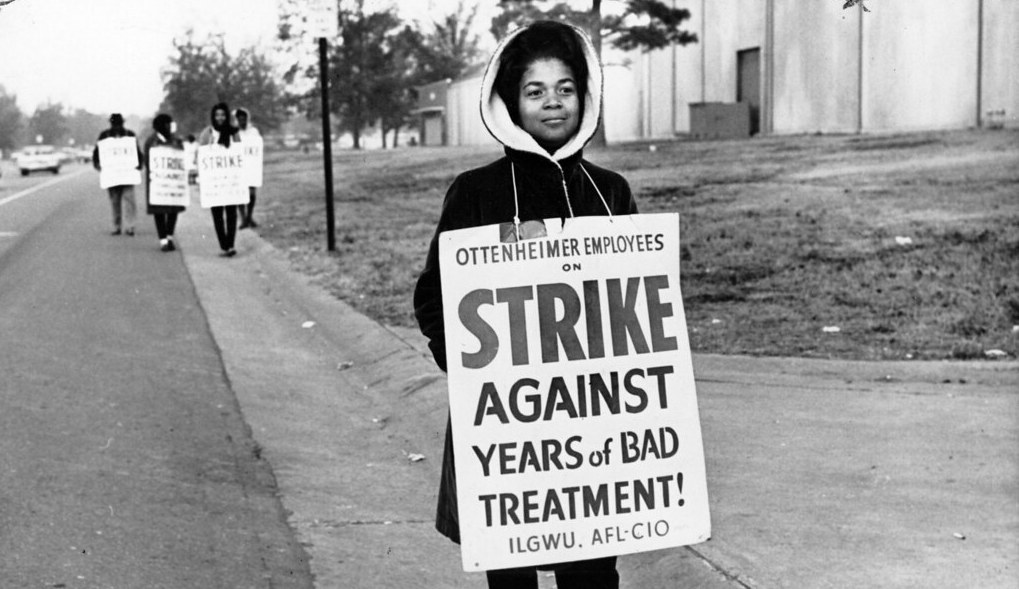Peter Temin is the Elisha Gray II Professor Emeritus of Economics at the Massachusetts Institute of Technology (MIT). He received his B.A. from Swarthmore College in 1959 and his Ph.D. in Economics from MIT in 1964. Professor Temin was a Junior Fellow of the Society of Fellows at Harvard University, 1962-65; the Pitt Professor of American History and Institutions at Cambridge University, 1985-86; Head of the Economics Department at MIT, 1990-93; and President of the Economic History Association, 1995-96. Professor Temin’s most recent books are The Roman Market Economy (Princeton University Press, 2013), Prometheus Shackled: Goldsmith Banks and England’s Financial Revolution after 1700 (Oxford University Press, 2013, with Hans-Joachim Voth), The Leaderless Economy: Why the World Economic System Fell Apart and How to Fix It (Princeton University Press, 2013, with David Vines) Keynes: Useful Economics for the World Economy (MIT Press, 2014, with David Vines), and The Vanishing Middle Class: Prejudice and Power in a Dual Economy (MIT Press, 2017).
Peter Temin

By this expert
Mass Incarceration Retards Racial Integration

Formerly incarcerated Black people emerge from prison with far less education and social skills than white ex-cons. And they have great trouble forming families or earning a good living.
Never Together: Black and White People in the Postwar Economic Era

Coming out of the Great Depression, America built a middle class, but systematic discrimination kept most African-American families from being part of it
Never Together: Black and White People in the Postwar Economic Era
Over and over again, US government policies designed to transfer and create wealth and economic opportunity were restricted to whites by design.
From Eric Garner to George Floyd: How History Repeats Itself

The Great Migration brought many freedmen to the North, and the reaction to that brought the Southern Mind to northern police officers as well.
Featuring this expert
Peter Temin: Black and White America Always on Separate Trajectories

MIT economic historian Peter Temin discusses his new INET-CUP book, Never Together: The Economic History of a Segregated America, in which he shows how efforts to bridge the gap between races were always undermined, resulting in constant economic hardship for Black people.
Top Economist: America’s Racist Economy Getting Worse, Not Better

Lynn Parramore explores Peter Temin’s new book on the country’s two economic histories: progress for whites, slavery and segregation for Black people. He warns of a second-tier global future unless they come together.
The Vicious Cycle of Mass Incarceration and Racial Injustice

MIT economic historian Peter Temin discusses parts of his forthcoming book, focusing on the history of mass incarceration of uneducated Blacks and how it has created a permanent class of poor Black Americans
The Coastal Review cites INET's Working Paper on the economic history of African Americans
“Economic opportunity was further restricted by individual and institutionalized racism and political disenfranchisement. Discrimination in hiring by employers and intimidation of black workers through violence placed black workers at a direct disadvantage in the labor market,” Trevon Logan Peter Temin wrote in “Inclusive American Economic History: Containing Slaves, Freedmen, Jim Crow Laws, and the Great Migration,” a working paper written for the Institute for New Economic Thinking.” — Coastal Review